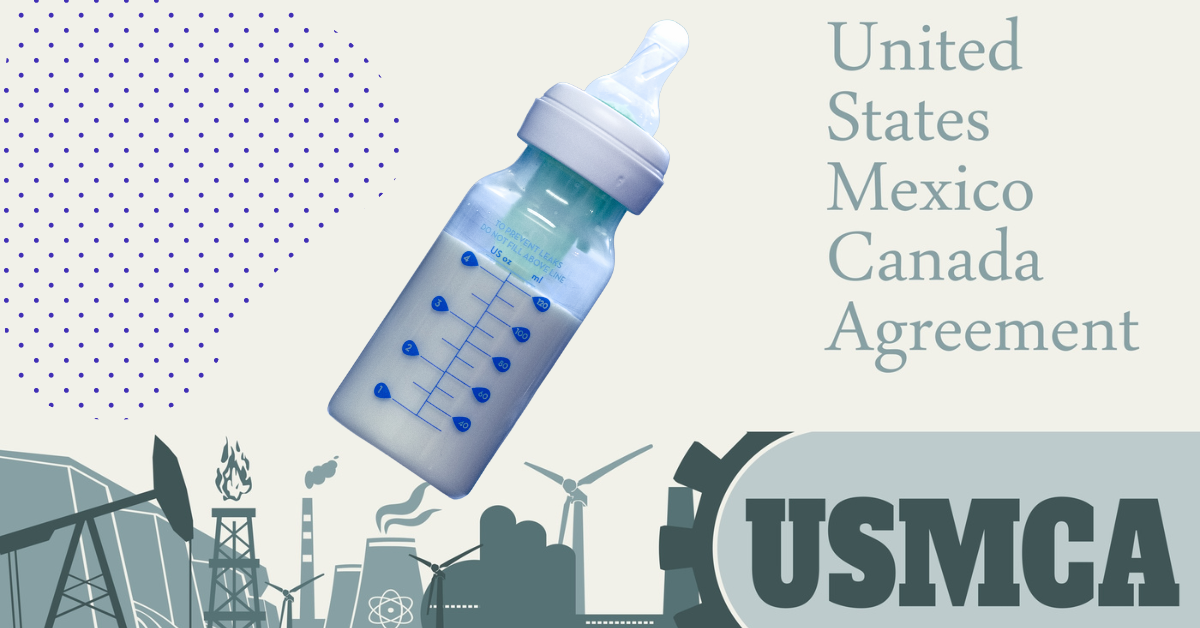Low milk supply
Problem
Producing a low milk supply can be a common concern among nursing mothers, as it can affect the amount of milk available for the baby and potentially lead to problems such as insufficient weight gain – for the baby, not the mother!
There are several possible causes of low milk supply, including hormonal imbalances, medical conditions that affect milk production, and improper latch or positioning during breastfeeding.
It is crucial to identify the underlying cause to develop an appropriate plan to increase milk production.
Solution
To address low milk supply, it is advisable to consult with a lactation specialist or a healthcare provider for guidance. They can assess the situation and recommend strategies to help increase milk production, such as more frequent breastfeeding or pumping, taking galactagogues (such as fenugreek or blessed thistle), and showing you how to improve your latch and positioning during breastfeeding.
Galactagogues are substances that can help stimulate milk production and can be taken as supplements or used as ingredients in food. The effectiveness of galactagogues may vary greatly from person to person, and they should be used under the supervision of an expert.
In addition to these strategies, it may be helpful to consider other factors influencing milk production, such as getting enough rest, staying hydrated, and managing stress.
Sore nipples
Problem
Sore nipples can be a common problem for breastfeeding mothers, especially in the early days when the nipples are adjusting to the baby’s latch. Sore nipples can be caused by various factors, including improper latch or positioning or a baby who is not breastfeeding effectively.
This can result in pain or discomfort during breastfeeding, making it difficult for the mother to continue breastfeeding.
Solution
To address sore nipples, it is important to ensure a proper latch and positioning during breastfeeding. A lactation specialist or a healthcare provider can help with this, as they can assess the latch and provide guidance on how to improve it. Proper latch and positioning can help prevent sore nipples by ensuring that the baby is properly positioned at the breast and is able to latch on effectively.
In addition to ensuring a proper latch and positioning, using a nipple cream or ointment can also provide relief for sore nipples. These products can help to soothe and moisturize the nipples, which can make breastfeeding more comfortable.
It is important to choose a product that is safe for use while breastfeeding and to follow the manufacturer’s instructions for use. If the pain persists or becomes severe, it is advisable to consult a healthcare provider for further guidance.
Breast engorgement
Problem
Breast engorgement is a common problem that can occur when a mother is breastfeeding. It happens when the breasts become swollen and painful due to a buildup of milk. This can make it difficult for the baby to latch and feed properly, and it can be very uncomfortable for the mother.
Solution
There are several things that can be done to help prevent and alleviate engorgement. One of the most important things is to breastfeed or pump regularly. This will help to remove the excess milk and prevent the breasts from becoming too full. Applying warm compresses to the breasts before breastfeeding can also help to soften the breasts and make it easier for the baby to latch on.
If these measures do not help, it is important to speak to a healthcare professional or a lactation consultant for additional guidance. They can help to identify the cause of the engorgement and suggest other strategies for managing it. In some cases, it may be necessary to use medications or other treatments to help relieve the swelling and discomfort associated with breast engorgement.
Thrush
Problem
Thrush is a fungal infection that can affect the nipples and breast tissue of breastfeeding mothers. It can also be passed back and forth between the mother and baby, which can make it difficult to fully cure.
The most common symptom of thrush is pain or discomfort while breastfeeding. The nipples may feel sore or tender, and the breast tissue may be swollen or red. Other symptoms may include a burning sensation in the breasts, cracked nipples, and shooting pains in the breast.
Solution
To treat thrush, both the mother and the baby will need to be treated with antifungal medication. This can be in the form of a cream, ointment, or oral medication. It is important to use the medication as directed and to continue using it for the entire course of treatment to ensure that the infection is fully cleared.
In addition to taking medication, there are also several steps that can be taken to prevent re-infection.
These include washing hands frequently, sterilizing all breastfeeding equipment, and avoiding tight-fitting clothing that may inhibit airflow to the breasts.
If you are experiencing symptoms of thrush or have any concerns about your breastfeeding, it is important to speak to a healthcare professional for guidance and support.
Mastitis
Problem
Mastitis is an infection of the breast tissue that can occur in breastfeeding mothers. It is typically caused by bacteria entering the breast through the nipple or a crack in the skin. Symptoms of mastitis can include fever, chills, breast pain, and fatigue. The affected breast may also be red, swollen, and tender to the touch.
Solution
To treat mastitis, it is usually necessary to take antibiotics. These medications can help to clear the infection and prevent it from spreading. It is important to take the medication as directed and to complete the entire course of treatment to ensure that the infection is fully cleared.
In addition to taking antibiotics, it is also important to continue breastfeeding or pumping to help clear the infection and prevent blockages in the breast. This can help to reduce the risk of further complications. If you are experiencing symptoms of mastitis or have any concerns about your breastfeeding relationship, it is important to speak to a healthcare professional for guidance and support.
Tongue-tie
Problem
Tongue-tie is a condition in which the baby’s tongue is partially attached to the bottom of the mouth, making it difficult for them to latch and breastfeed effectively. This can lead to problems with breastfeeding, including difficulty sucking and swallowing, slow weight gain, and discomfort for the mother.
Solution
A simple surgical procedure called a frenotomy can be performed to correct a tongue-tie. During this procedure, a small piece of tissue under the baby’s tongue is snipped to release the tongue. A healthcare professional usually performs the procedure, and it only takes a few minutes.
After the procedure, it is important to continue breastfeeding or pumping to help the baby learn to latch and feed effectively. A lactation consultant or other breastfeeding support professional can be valuable in helping the mother and baby establish a successful breastfeeding relationship.
If you are concerned that your baby may have a tongue tie or are experiencing difficulties with breastfeeding it is important to speak to a healthcare professional for guidance and support.
Insufficient weight gain
Problem
If a baby is not gaining weight at an appropriate rate, it could be a sign of a problem with breastfeeding. There are a number of potential causes for insufficient weight gain, including low milk supply, medical conditions, or a poor latch.
Solution
To address this problem, it is important to consult a healthcare provider or a lactation specialist for help. They can assess the situation and help identify any underlying issues contributing to the problem.
Several strategies can be used to help increase milk intake and ensure that the baby is gaining weight appropriately. These may include frequent breastfeeding or pumping, taking medications called galactagogues that can help to increase milk production, and ensuring that the baby has a proper latch.
If you are concerned about your baby’s weight gain or have any difficulties with breastfeeding, it is important to speak to a healthcare professional.














